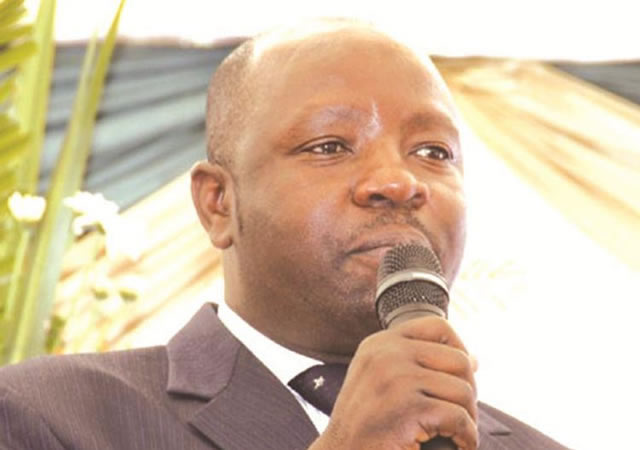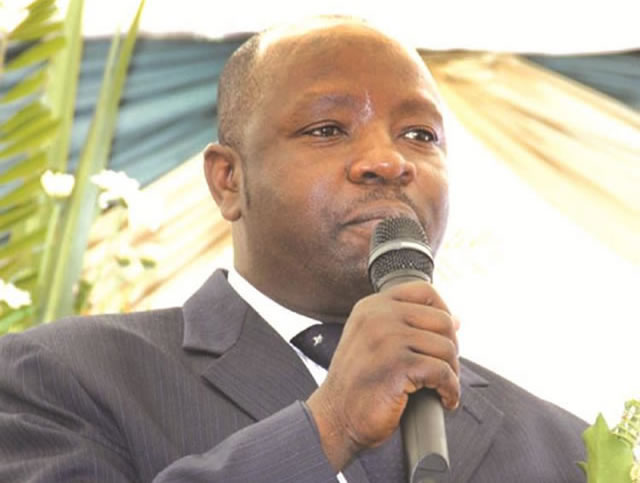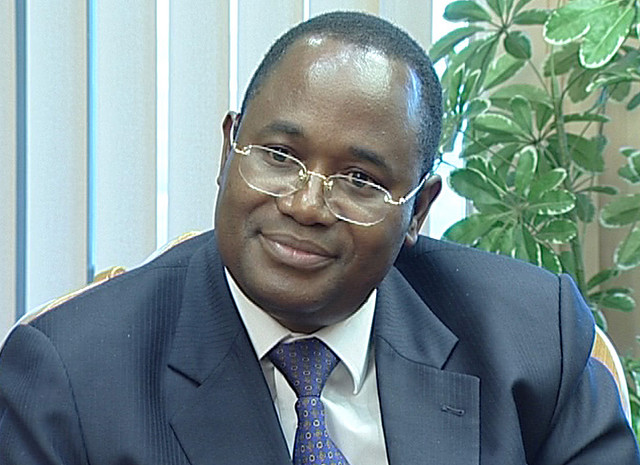Establish trust, it is capital

Amai Jukwa Political Mondays
This Government does not need money. It needs to establish trust, confidence that it can be relied upon to do what is right — whatever the cost
Trust is Capital
SOME years ago I bought a computer off the internet. I did not buy in the classic sense of an immediate exchange, I pre-ordered.
That means I made a payment for non-existent goods in expectation that the product would be released in the near future as promised by the vendor and then delivered. The transaction might seem mundane but it is an excellent example of the trust that underpins commerce.
On closer inspection you will notice that I, together with tens of thousands other impatient customers, freely gave a corporation hundreds of dollars of my money without immediately receiving anything in return apart from its word. It is a privileged position when your word alone inspires such confidence.
In fact one would be right to conclude that we gave the said vendor millions of dollars of capital in exchange for nothing tangible. An important principle emerges: Trust is a commodity and it is in itself capital.
The problem is its value is not readily apparent and it is often tempting to compromise trust for momentary gain. Consider a man who promises to sell his vehicle to a neighbour and accepts a small deposit. During the night a stranger visits his home and explains that he understands that he is selling his vehicle.
Yes, the man responds. Well I am particularly interested in the vehicle from a collector’s standpoint, the mystery buyer explains. I will pay double whatever you have been offered.
While it might seem profitable to sell the vehicle to the highest bidder what is not immediately apparent is that he would be selling not only his car but the strength of his word as well.
This prodigal inclination toward temporary pleasures is directly responsible for our current crisis of confidence. When the Reserve Bank raided private foreign currency accounts and effectively stole people’s money we squandered the strength of our word.
The strength of our word could have been used to secure other avenues of finance in future but we chose momentary relief. The true test of character is when one is under pressure not when the going is good. When Gono’s test came he failed, forsaking principle for expediency. I find it difficult to see how any reasonable investor would ever trust us again.
Investors often quip that credibility is like virginity; it can be preserved but not restored. The virginity illustration is perhaps too fatalist but it does give a helpfully graphic portrayal of how difficult it is to repair a damaged reputation.
Trustworthiness is not limited to propriety in financial affairs; how we conduct ourselves during disputes speaks volumes of our suitability as partners.
Take for instance Munyaradzi Kereke who is proving himself quite an unscrupulous character. Gideon Gono may have his shortcomings but he’s winning the sympathy vote when pitted against a man that seeks to use — against him — privileged information gained during a period of trust.
When Kereke wrote Gono’s dissertation, as he claims, he did so in confidence. It is unclear whether there is substance to Kereke’s other claims but whatever the outcome he has squandered his credibility as a trustworthy political ally. One would have to be especially reckless to ever trust Kereke after witnessing his dishonourable tactics against Gono.
The point in Kereke’s example is that unaffected parties often learn about us from our dealings with others. As such even when there is seemingly nothing to lose by going rogue we should resist any such temptation and hold ourselves to the highest standards of integrity and human decency.
With this in mind consider the fate of career civil servants who, through no fault of their own, were attached by the PSC to Tsvangirai’s office during the inclusive Government. Some of them had served Government for close to twenty years. At the end of the Unity Government all of them were sent packing. No exit packages. Nothing.
While I can understand security considerations that such individuals may have been compromised, I cannot accept the almost malevolent delight at their plight. If they are to go they should be paid accordingly.
People only trust those who have a record of doing the right thing even when it is inexpedient. This is a universal truth. If Government wants to restore confidence it must abide by these principles in all its affairs.
Consider the Land Audit. In the absence of impropriety, this should be a non-controversial proposition.
However, it is probable that such an audit will reveal unpleasant and politically inconvenient facts and hence the half-hearted commitment by Government. Government spin-doctors need to take the broader view and recognise the counter-intuitive political capital afforded by the exercise.
Temporary embarrassment can be harnessed to present Government as responsible and decisive. Let us assume some individuals are found to have multiple farms or that millions of hectares are lying idle. How Government responds — hopefully with impartiality — will send a clear message about the rule of law and the relationship between what this Government says and what it actually does.
Those who believe exposing corruption will rapture Zanu-PF lack insight. What could harm Zanu-PF is a poor response to those revelations. In the same way, Zanu-PF’s response — if decisive and impartial — could earn the party significant political capital.
It’s important that we accept that the lack of confidence in our systems cannot be explained away by blaming our standoff with Britain. Even our friends don’t trust us.
Let’s imagine Zimbabwe issued sovereign bonds worth two billion dollars. Would the Chinese buy them? Would our friends in Russia be interested? What if we gave assurances that we would keep our word and make timely payments? How much value would be attached to our word?
If we found ourselves in difficult economic circumstances and had the option of defaulting or enduring discomfort to fulfil our obligations what would we do? What does our history of raiding private foreign currency accounts suggest we would do? It is only by recognising the extent of our loss of credibility that we can appreciate the need to repair it.
Zanu-PF reckons it is quite clever having managed to electorally outmanoeuvre the MDC. Having defeated the helpfully blundering Tsvangirai does Zanu-PF have the charm and skill to win hearts and minds? That is the true test of how clever Zanu-PF is.
Last week the Bankers Association of Zimbabwe told Parliament that Zimbabweans were afraid of the Zimbabwean dollar. Can Zanu-PF turn public opinion and convince citizens that a national currency can now be trusted?
This challenge — winning hearts and minds — requires much greater skill and discipline than winning an election. It is not impossible; we have all seen one minister who was previously a fashionable media example of Zanu-PF villains suddenly emerge as a darling of the same media.
While many have lingering suspicions as to his motives they are nonetheless drawn in. So it is certainly possible for Zanu-PF to instil confidence through persuasion. The question is whether it can wake up to the need to do so?
Ndatenda, ndini muchembere wenyu Amai Jukwa











Comments